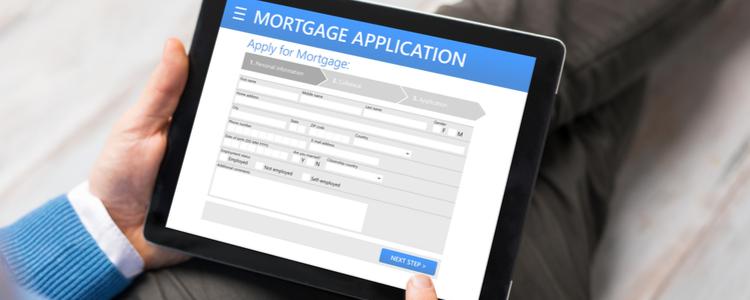Financial Planning for Home Ownership
How much money will you need to buy your home now and maintain it into the future? Whether you’ve already started hunting or you're just now considering making the move to home ownership, you’ll need to get your financial house in order first to put yourself in a positive position.

Start the foundation of your plan by figuring out how much you can afford to spend on a new home. You'll find plenty of tools out there to help you, like affordability or monthly payment calculators. There are several different factors involved with the affordability equation — including some immediate up-front costs, regular monthly payments and the ongoing expenses associated with homeownership. This article explores these factors to help you prepare accordingly.
Get off to a Good Start
One of the biggest out-of-pocket expenses you'll need to plan for is your down payment – the part of your property purchase price paid in cash and not financed with a mortgage. The more up-front money you can put down, the less you will pay each month for your mortgage.
The minimum required down payment depends on the mortgage program you select. In general, at least 3.5% of the sale price is required for an FHA or VA mortgage. If you put down less than 20% on a conventional loan, you may need private mortgage insurance — which would add to your monthly payments. When it comes to FHA loans, in addition to lower down payments they typically feature higher qualifying ratios than most conventional mortgages.
Don't forget that you will also need cash for the closing costs, which cover expenses that complete the transfer of ownership, such as an origination fee, attorney's fee, initial escrow payments and the costs of obtaining title insurance and a survey. Closing costs are typically based on the home price and vary according to location.
Prepare for the Long Haul
Unless you are paying for your home in cash, your financial plan will need to account for a mortgage payment for a term of your choosing — most likely 15 or 30 years. Your payments are based on both the principal (the amount of the loan) and interest (the amount you pay to borrow money, calculated as a percentage of the amount borrowed).
Payments may also include money held in escrow for property taxes and homeowners’ insurance. You can find out property tax information from the home's seller or your real estate agent and confirm it with the recording office in the county where your home is located. Property taxes are reassessed regularly, so this amount may change.
As for your homeowners’ insurance policy, your lender requires the policy to cover the cost to rebuild the home. The insured amount may be higher or lower than the actual purchase price, and your insurance company can give you an estimate based on specific property information.
No financial plan would be complete without full consideration of the "extra" costs of homeownership beyond your mortgage: utility bills, homeowners’ association dues and routine maintenance all come into play.
Remember the Benefits
It's easy to get overwhelmed by all the costs associated with your home. Try to keep in mind that owning a home also increases your assets, which can open up opportunities for other investments. Once you’re a homeowner, you may be able to use your home’s equity as a secure line of credit for future purchases. In addition, you may be able to deduct your mortgage interest, real estate property taxes and discount points. Consult with a tax advisor for details specific to your situation.
When you are ready to buy a home, contact Union Plus Mortgage Company to talk to a loan officer at 855-864-6653 or visit us online.
Visit Union Plus Mortgage Company
The AFL-CIO, Union Privilege and a group of unions own Union Plus Mortgage Company and will benefit if you get your loan through the company. However, you are not required to use Union Plus Mortgage for your loan and are free to shop. For your Affiliated Business Arrangement Disclosure Statement, please visit www.unionplusmortgage.com.
Union Plus Mortgage Company has a services agreement with Union Privilege in which Union Privilege receives a financial benefit for providing agreed upon services. The NMLS Consumer Access Website is: http://nmlsconsumeraccess.org.
NMLS Number 1561829
![]()
